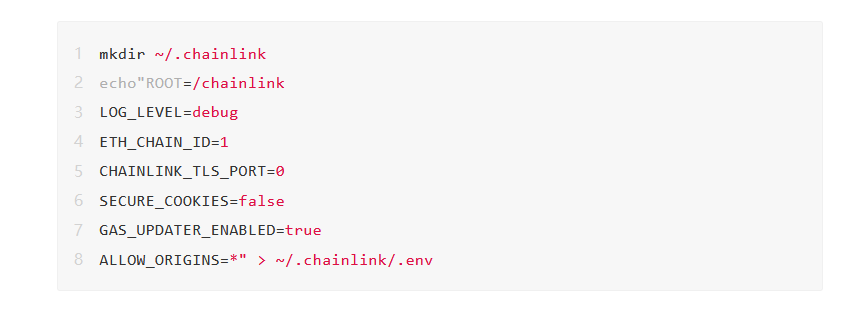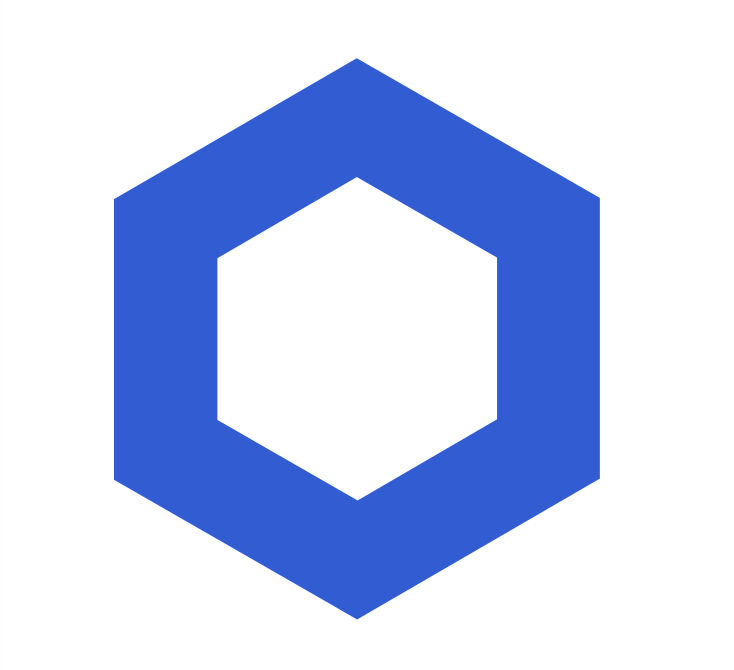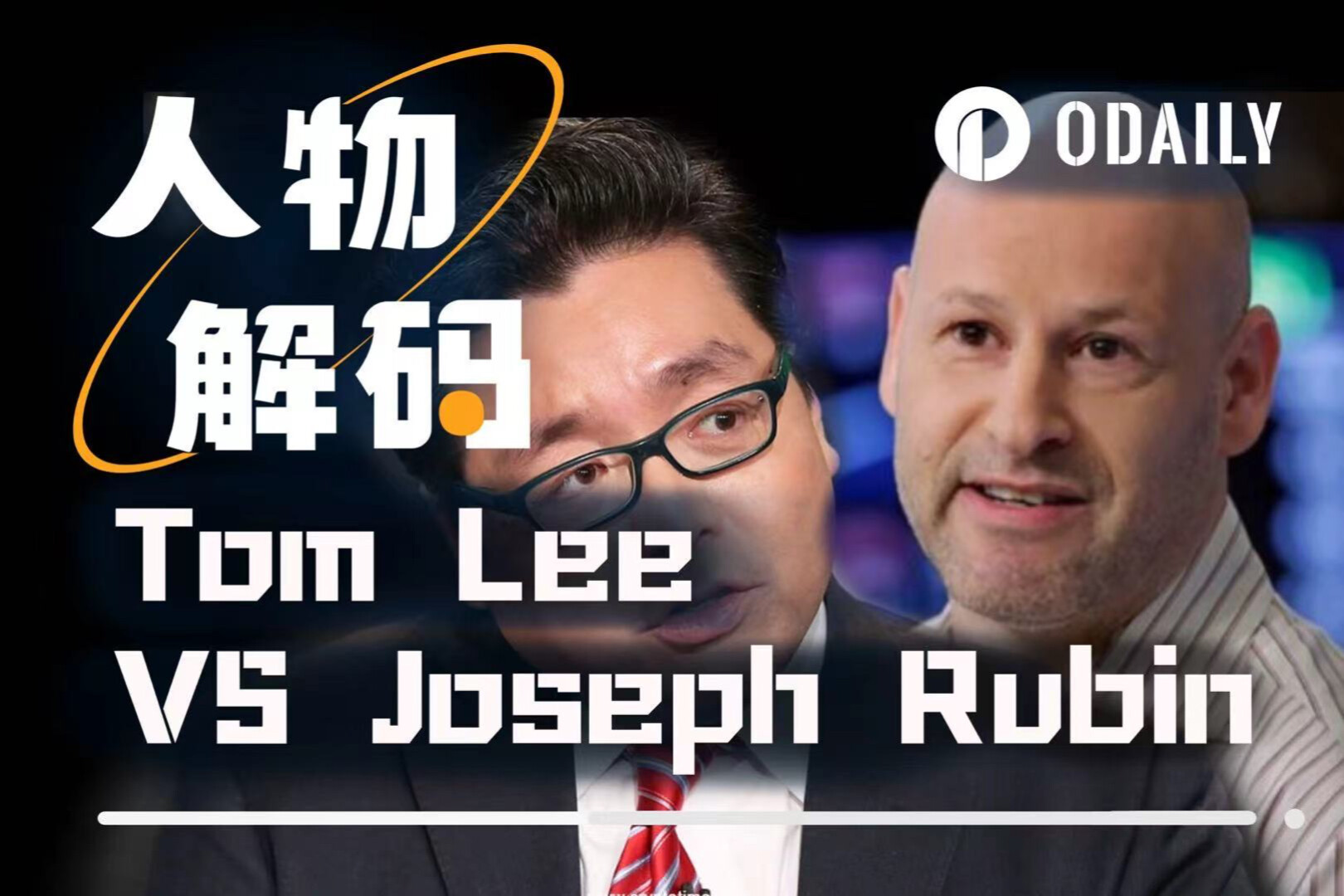Chainlink solves the oracle problem and makes it easy for data providers to sell data directly to all blockchains without committing additional resources or creating new infrastructure.This article will discuss two models for data providers to use Chainlink software and oracle network to quickly realize data for all blockchain networks.
Monetize through existing API——Sell data to the Chainlink network within an hour, without changing existing business models or backend infrastructure.
Improve data reliability- Publish nodes in the Chainlink network within hours to sell more data. The Chainlink network provides users with innovative data signature tools to improve data reliability.
first level title
Oracles mean a lot to data providers
Smart contracts write business logic into code (note: if event x occurs, perform behavior y), and run on the blockchain. Therefore, the smart contract itself has extremely high certainty, and its final result is also objective and authoritative. Smart contracts are executed strictly in accordance with the code, the results cannot be tampered with, and it reduces counterparty risks, disputes and process inefficiencies, so it has great advantages over traditional contracts. However, if the blockchain is to be perfect in terms of security and reliability, it will inevitably sacrifice connectivity. Once the computer is disconnected from the network, it will be isolated from the world. Similarly, if the smart contract does not have an oracle machine, it will only have business logic and cannot obtain any data or events in the real world.
The oracle is a middleware that can securely connect the on-chain and off-chain worlds, allowing smart contracts to access API services, use off-chain data to trigger contract execution or output on-chain data to off-chain systems.In short, oracles can help data providers monetize existing infrastructure in a blockchain environment.The oracle machine obtains data from the API, sends it to the blockchain network, sends the message/instruction of the smart contract to the external system, and uses various verification tools to ensure the accuracy and integrity of the data.
first level title
Sell data to all blockchains simultaneously via Chainlink
There are currently hundreds of blockchains, and the smart contracts running on these chains cover a wide range of application scenarios, including finance, insurance, games, and international trade. For data providers, integrating to all blockchains takes a lot of time and effort that could be spent on more core business tasks rather than deploying and maintaining infrastructure. As blockchain technology continues to be widely used, the number of blockchains will also increase, which will further increase the bandwidth pressure on resources and developers.
Instead of spending time connecting each blockchain separately, data providers should hand over this task to Chainlink, use Chainlink oracle as the only gateway, and sell data to all blockchains uniformly.first level title
Chainlink Integration Solutions: Basic and Advanced
From the beginning of its design, Chainlink took into account the compatibility of emerging infrastructure and existing data economy, so it can be perfectly compatible with legacy data and API interfaces without changing back-end systems or business models. In addition, existing data providers can easily run their own Chainlink nodes to enrich product content and sell data directly to smart contracts. By becoming a Chainlink node operator, they will be able to better guarantee data integrity to their users and accept payments directly on-chain, which will increase sales as well as data security.
secondary title
Jump-start data sales with existing oracle network
Data providers can sell data to the Chainlink network through its existing API interface within an hour. The Chainlink node network can aggregate data requests on the chain and send them to data providers. Data providers can efficiently meet market demand and minimize the initial investment in selling data on the chain. This solution does not need to change the original business model, because nodes, like other traditional users, can pay for API data with legal currencies such as US dollars. At present, Chainlink has access to many high-quality API providers, such as Google, BigQuery datasets, CoinGecko, and weather data from the National Oceanic and Atmospheric Administration (NOAA).
Chainlink saves data providers the headache of running nodes and processing cryptocurrency payments themselves, allowing them to focus on improving data quality. This model will benefit the entire smart contract economy because it can put all off-chain data on-chain, and data providers can easily be compatible with the blockchain without having to overhaul their back-end systems or business models. This model will accelerate the data cycle and expand the development scale and market demand of smart contracts.
secondary title
Join the Chainlink network to realize more reliable data
If data providers who are optimistic about the development of smart contracts want to expand their sources of income and build a good reputation in the emerging data market, they can choose to run Chainlink nodes themselves and use digital signature tools to directly provide signed and certified data to smart contracts. Chainlink has had this functionality from the beginning and has been successfully integrated with several major data providers, including Huobi (a large cryptocurrency exchange), Kaiko (a price data provider), and Alpha Vantage, among others.
Chainlink's software undergoes rigorous code audits and can be easily deployed. We can help you quickly set up and start selling signed and certified data to smart contracts on all blockchains.Users can use Chainlink's core node software to sign their own data, verify the source of data, provide security for the system, and automatically execute high-value contracts.Without this function, automated business processes will be difficult to expand, and high-value application scenarios will not be realized.
In addition to the built-in data signing tools, data providers can also use Chainlink’s rich proprietary oracle tools, which are exclusively provided by the Chainlink network, including DECO, Town Crier, and Mixicles, which provide privacy protection. Through these technologies, data providers can directly sell private data to smart contracts, and ensure that the data content will not be disclosed on the chain during the process, and even the oracle node that transmits the data has no right to view it. In this way, private data or internal data can be realized while ensuring data privacy.
first level title
Publish a Chainlink node of a data source within ten minutes
Just now we talked about the value of data providers joining the Chainlink network, so now let’s talk about the method of joining the Chainlink network. The following content is only for running Chainlink nodes on the Ethereum blockchain, and Chainlink can actually be compatible with any blockchain, and new blockchains are added to the Chainlink ecosystem every day.
Running a Chainlink node requires just a few simple DevOps steps. You need to have:
a virtual machine or host
A postgres database (as long as 10GB is fine)
Docker
an ethereum wallet
An Ethereum client (it's okay if you don't know what this is)
secondary title
Step 1: Install Docker
secondary title

Step 2: Create a ".env" file

secondary title
Step 3: Set up the Ethereum client
secondary title

Step 4: Connect to the database
secondary title

Step Five: Finish
Now you can start running your Chainlink node!
cd ~/.chainlink && docker run -p 6688:6688 -v ~/.chainlink:/chainlink -it --env-file=.env smartcontract/chainlink local n
For the first time, you need to enter your email address and password, and then you can log in to the GUI through http://localhost:6688.
login successful! The node starts running.
Summarize
Summarize
Obviously, connecting off-chain APIs is a key link to accelerate the application of blockchain and smart contracts, and this is already the general trend. As the amount of data on the chain continues to increase, more and more innovative smart contract applications will emerge, and the user base of data and smart contracts will continue to expand. Data scale and demand will continue to rise, penetrate into many traditional industries worth several trillion US dollars, and benefit a large number of data providers, enabling them to become reliable off-chain data sources in the smart contract economy and establish a good reputation .
Chainlink has the largest user network in the current smart contract economy, which can bring huge business opportunities and rich tools for data providers to connect their data and APIs to blockchains with different levels of privacy. After that, a standardized smart contract template will appear, and developers only need to copy the mature smart contract logic and oracle model. Therefore, Chainlink's well-deserved position in the oracle field will bring huge opportunities for data providers to quickly expand the market and replicate its model in other scenarios.



